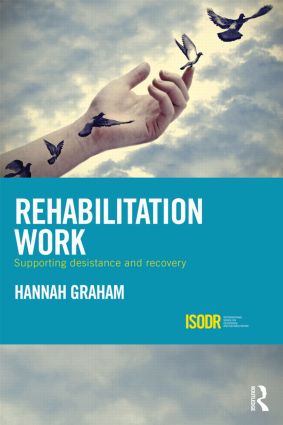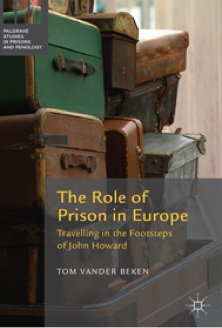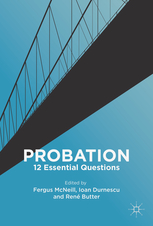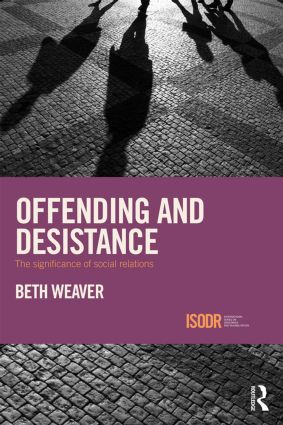Conversations about rehabilitation and how to address the drugs-crime nexus have been dominated by academics and policymakers, without due recognition of the experience and knowledge of practitioners. Not enough is known about the cultures and conditions in which rehabilitation occurs. Why is it that significant numbers of practitioners are leaving the alcohol and other drugs field, while disproportionate numbers of criminal justice practitioners are on leave?
Continue readingThe role of Prison in Europe – travelling in the footsteps of John Howard
This book discusses the role of the prison in Europe across a divide of over 200 years. Inspired by the travels of the prison reformer John Howard (1726-1790), who visited prisons across Europe in the eighteenth century, it fundamentally reflects on centuries of the practice of locking people up as punishment. Howard travelled across Europe to visit prisons, with a simple method: he travelled and knocked on prison doors on his journey and entered the premises. He then observed the situation in the prison, took notes and left to visit other locations. Howard’s influential book The State of the Prisons resulted from his experiences, provoking debate among prison reformers and academics worldwide.
Continue readingProbation: 12 essential questions
This volume poses a series of key questions about the practice of probation as an integral part of the European criminal justice system. The contributors are established experts in their respective fields of study and together their questions address the legitimacy, and perhaps continued existence, of probation.
Continue readingPrison Radicalization and Terrorism Detention Policy
Linking Theory and Practice in Probation
Detained abroad: assisting Dutch nationals in foreign detention
Community Punishment, European perspectives
Offending and Desistance
In Offending and Desistance, Beth Weaver examines the role of a co-offending peer group in shaping and influencing offending and desistance, focusing on three phases of their criminal careers: onset, persistence and desistance. While there is consensus across the body of desistance research that social relations have a role to play in variously constraining, enabling and sustaining desistance, no desistance studies have adequately analysed the dynamics or properties of social relations, or their relationship to individuals and social structures. This book aims to reset this balance.
Continue reading




